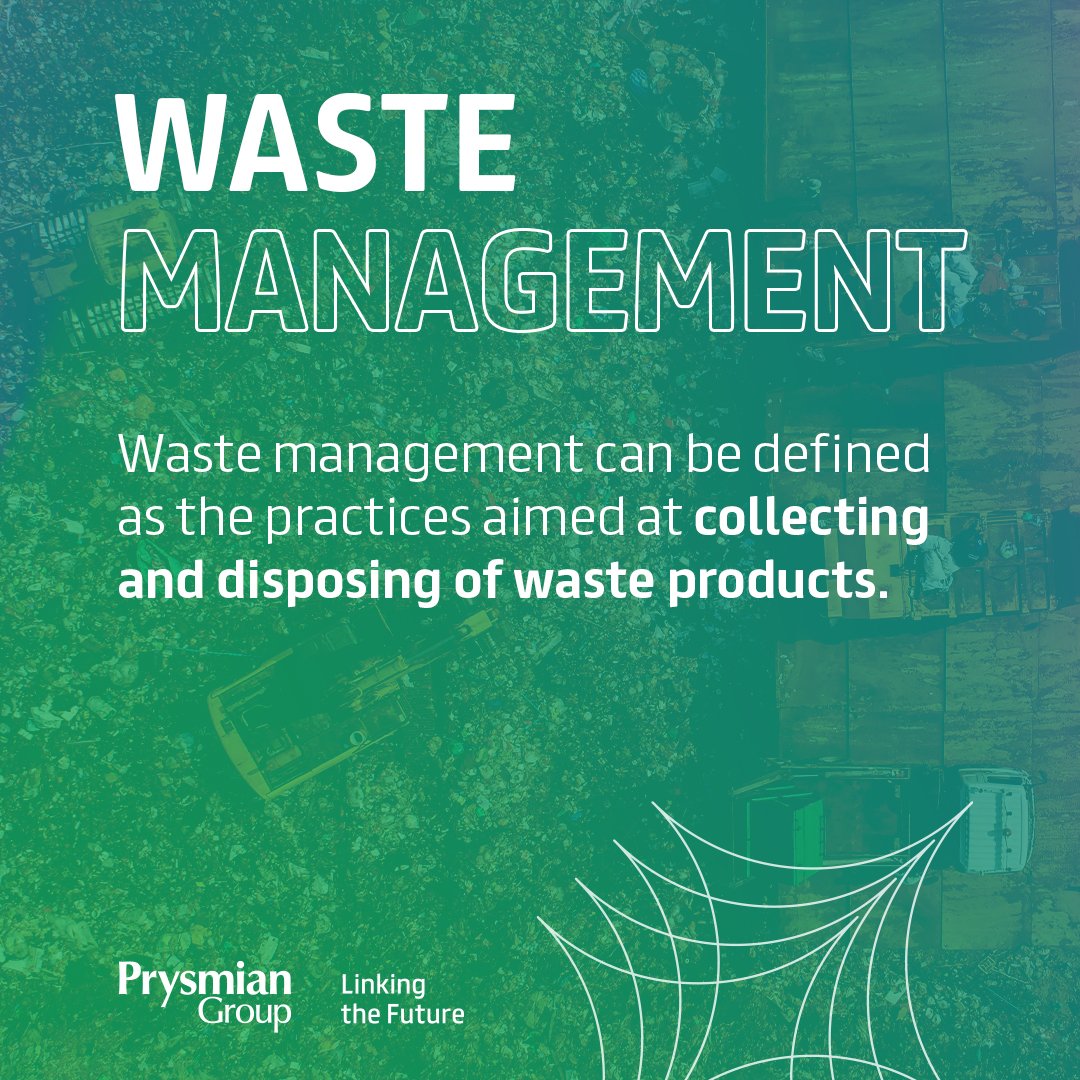Facts About Reclaim Waste Revealed
Facts About Reclaim Waste Revealed
Blog Article
Fascination About Reclaim Waste
Table of ContentsAll About Reclaim WasteThe Only Guide to Reclaim WasteSome Ideas on Reclaim Waste You Need To KnowThe Ultimate Guide To Reclaim WasteReclaim Waste for Dummies
Explore the kinds, incidents, and forms of fluid waste. Domestic sewer waste describes the waste and products from a domestic sewage-disposal tank. This kind of waste is produced by humans in residences, institutions, and various other structures. This only includes sewage-disposal tanks that have a drainpipe field. The appropriate administration and disposal of residential sewer waste need fluid waste to be moved to a sewage therapy plant where the appropriate methods and devices are related to detoxify and deal with waste.
Business waste typically consists of possible hazards, such as combustible products or a mixture of liquid and strong waste items, and calls for a much more sophisticated and thorough disposal procedure. The disposal of commercial waste normally entails the purification of waste before transportation to ensure safe and appropriate disposal. Hazardous waste is developed from results and runoff of industrial processes and production.
This kind of waste can not utilize the very same sewer management transportation or processes as septic or commercial liquids. The hazardous waste management process requires the assessment and screening of fluid waste before it undergoes the disposal procedure (liquid waste removal). Drainage waste is the fluid waste that originates from runoff and excess stormwater in extremely inhabited areas or cities
Runoff waste can cause contamination and flooding if not dealt with appropriately. Find out more regarding sewage system cleansing and waste monitoring. Guaranteeing proper waste management can prevent disasters and reduce ecological damage. Both individuals in domestic setups and professionals in industrial or manufacturing industries can gain from comprehending the procedures and laws of liquid waste monitoring.
Unknown Facts About Reclaim Waste
Call PROS Solutions today to learn more about our waste management and disposal services and the correct ways to take care of the fluid waste you produce.
(https://www.ted.com/profiles/48198485/about)Do you understand what happens to your water when you draw the plug, flush the commode or drain the cleaning maker? No? Well, it deserves understanding. This so-called 'wastewater' is not just an important resource yet, after treatment, will be launched to our land, waterways or the sea. Used water from commodes, showers, baths, kitchen sinks, washings and industrial processes is understood as wastewater.

water used to cool down machinery or tidy plant and equipment). Stormwater, a kind of wastewater, is runoff that streams from farming and metropolitan locations such as roof coverings, parks, gardens, roadways, paths and rain gutters right into stormwater drains, after rainfall. Stormwater moves without treatment directly to neighborhood creeks or rivers, eventually reaching the sea.
Reclaim Waste - An Overview
In Queensland, most wastewater is dealt with at sewage treatment plants. Wastewater is delivered from residential or commercial websites through a system of sewers and pump stations, known as sewage reticulation, to a sewer therapy plant.
The Division of Natural Resources encourages city governments concerning handling, operating and maintaining sewage systems and treatment plants. In unsewered areas, city governments may call for owners to mount specific or family sewage treatment systems to deal with residential wastewater from bathrooms, kitchen areas, shower rooms and laundries. The Division of Natural Resources authorizes the usage of home systems when they are proven to be reliable.
The majority of stormwater obtains no treatment. In some new communities, treatment of some stormwater to eliminate trash, sand and gravel has actually started making use of gross contaminant traps. Wastewater therapy happens in four phases: Eliminates solid issue. Larger solids, such as plastics and various other items incorrectly discharged to sewage systems, are eliminated when wastewater is gone through screens.
Wastewater after that flows into big tanks where solids work out and are gotten rid of as sludge. Grease and scum are skimmed from the surface area. Uses small living microorganisms called micro-organisms to damage down and get rid of staying liquified wastes and great particles. Micro-organisms and wastes are included in the sludge. Gets rid of nitrogen and phosphorus nutrients that can cause algal flowers in our Extra resources rivers and threaten water life.
6 Easy Facts About Reclaim Waste Described
Nutrient removal is not available at all sewer therapy plants since it needs expensive specialised tools. Clear fluid effluent created after treatment may still have disease-causing micro-organisms - liquid waste removal melbourne.

A lot of wastewater flows right into the sewerage system. Under the Act, regional governments provide approvals and licences for eco appropriate tasks (ERAs) entailing wastewater releases that may have a local effect.
The Greatest Guide To Reclaim Waste
Surveillance gives valid details about water quality and can confirm that licence problems are being met. The information obtained through monitoring provides the basis for making water quality choices.
Report this page